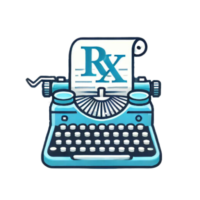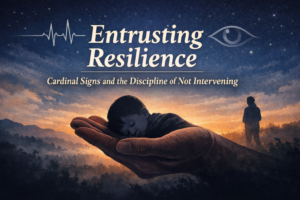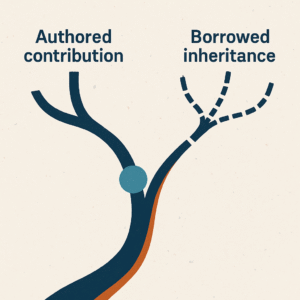Introduction
Are you a pharmacist wondering if there are other career paths beyond the counter? The good news: your skills can take you into exciting, high-impact roles across healthcare, industry, and innovation. Let’s explore five great alternatives that let you use your brain—not just your cuff—to thrive and grow.
1. Medical Writer or Communicator
Pharmacists make great medical writers. You can create content for patient education, clinical trial summaries, drug reviews, or even blog posts. Many agencies and healthcare sites need writers who can explain complex topics clearly. This role values your scientific knowledge and gives you a flexible, creative outlet.
✍️ Write With Andrew
Thinking about medical writing as your next step? I work with pharmacists who want to sharpen their writing voice, publish thoughtful ideas, and explore nontraditional careers. If you have insights worth sharing, let’s build them into articles together.
Start Writing With Me →
2. Informatics or Digital Health Specialist
Love tech and data? Pharmacy informatics blends both. You’d help design systems, manage medication information, or improve how pharmacies use data. It’s a growing field where your background in medication safety and digital tools makes you an ideal fit.
3. Veterinary Pharmacist
Here’s one you might not have considered: veterinary pharmacy. As a veterinary pharmacist, you compound and customize medication for animals — from pets to horses. You work closely with vets and help adapt human drugs safely for animal use. It’s niche, rewarding, and deeply rooted in pharmacology.
4. Clinical Pharmaceutical Scientist (Pharmacist-Scientist)
If research excites you, this role bridges pharmacy and science. Pharmacist-scientists work on drug discovery, clinical trials, outcomes research, or pharmacoeconomics. You’ll likely need advanced training, like a PharmD-PhD or fellowship, but it lets you use both clinical and research muscles.
5. Consultant or Public Health Pharmacist
Want to influence systems or policies, not just individual patients? Consultant pharmacists provide expert advice on medication use across settings like nursing homes or hospitals. Public health pharmacists work on community projects, vaccination programs, or drug safety policies. Both paths emphasize leadership and broader impact.
FAQ: Quick Answers
Q: How do I get started in one of these fields?
Start by identifying transferable skills — like writing, data, compounding, or policy — and look for certifications, electives, or short courses. Networking via professional groups or LinkedIn helps, too. Be bold, confident, and apply up to positions, even without 100% of the experience required on the job description.
Q: Is extra training required?
Some roles, like pharmacist-scientist or veterinary pharmacy, often require specialized education. Others, such as medical writing or consulting, may value experience or on-the-job learning more.
Q: Do these roles pay well?
Yes. Entry-level salaries vary by role, but careers like medical writing or consulting often pay on par with or better than traditional pharmacy roles — and with more work flexibility.
Why It Makes Sense
You’ve gone through rigorous training if you have a PharmD. Your knowledge is deep, your skills are broad. These careers let you stretch that expertise in new ways: writing, research, systems design, public health, or vet care. This isn’t stepping away…it’s stepping forward, with control and possibility to maximize your skillset.







